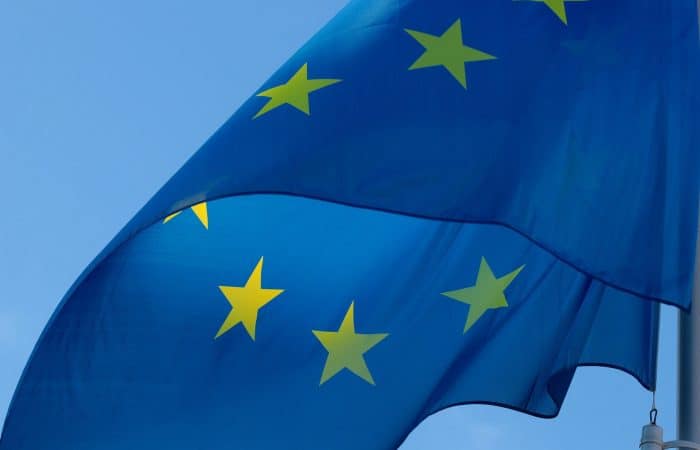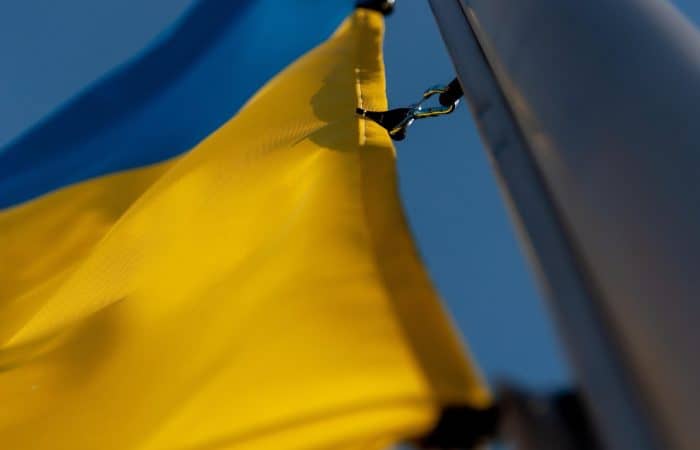On 16 December 2024, the EU adopted its 15th sanctions package against Russia. The main focus of this 15th package is addressing circumvention of the sanctions measures by targeting Russia’s so-called ‘shadow fleet’ and weakening Russia’s military and industrial sectors.
The 15th package includes the following measures:
- 54 individuals and 30 entities were added to the sanctions list. More particularly, Russian defence and shipping companies were targeted, responsible for the transportation of (crude) oil (products). A new element to this 15th package is that for the first time, the EU imposes far-reaching sanctions such as travel bans, asset freezes and the prohibition to make resources available on several Chinese entities that supplied drone and microelectronic components in support of Russia’s war.
- Russia’s shadow fleet is targeted. Russia’s so-called ‘shadow fleet’ concerns sea-going vessels that are registered in a different country than Russia (they sail under ‘flags of convenience’) and for which complex ownership and management structures are used to conceal the origin of the vessel, its owner and its cargo. It often concerns poorly maintained vessels that pose a threat to the environment as well. Russia heavily depends on this shadow fleet to maintain its oil trade (to circumvent the sanctions). The EU added 52 vessels originating from third countries to the list of vessels that are subject to port access bans and the ban on the provision of a broad range of services. The total of designated vessels now stands at 79.
- Blocking recognition and enforcement of Russian anti-suit injunctions. In response to the sanctions imposed by the EU, Russian courts are issuing rulings against European companies that make litigation against Russian companies extremely difficult. These rulings prevent parties from commencing or continuing proceedings in another jurisdiction than Russia, while often significant penalties are imposed on European companies as well. These rulings may not be recognised or enforced within the EU.
- Release of cash balances held by EU Central Securities Depositories (CSDs). The EU introduced a derogation which allows the release of certain funds held by European CSDs to allow them to fulfil legal obligations to their non-sanctioned clients. This derogation is introduced to further protect European companies from litigation and retaliation measures from Russia.
- Extended deadlines for derogations needed for divestments from Russia. The EU encourages companies to wind down existing businesses in Russia and to avoid starting new ones. The sanctions measures contain certain derogations that make the winding down of existing businesses in Russia possible. Certain transactions that would be forbidden under the sanctions measures may be authorised by the national competent authorities if these transactions are strictly necessary for the divestment from Russia or the wind-down of business activities in Russia. The deadline for these derogations that was set at 31 December 2024 is extended by one year (meaning until 31 December 2025). European companies should however still be aware of Russian counter measures when winding up businesses in Russia. Not only do you need special approval from the Russian authorities, shares need to be sold at a considerable discount compared to the market price and companies need to pay an ‘exit tax’.
For detailed information on the previous 14 packages of restrictive measures against Russia, please see: EU sanctions measures against Russia.
This publication is provided for your convenience and does not constitute legal advice.
More information
If you have any questions about the content of this article, please contact our specialists on international sanctions and export controls:




